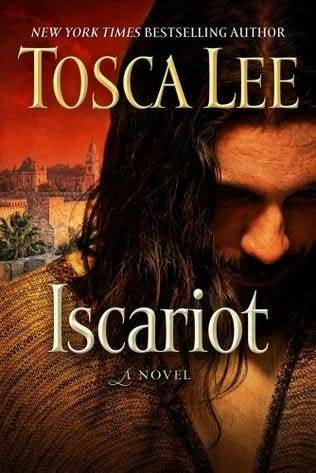by Tosca Lee
from the cover
In Jesus, Judas believes he has found the One—a miracle-worker. The promised Messiah and future king of the Jews, destined to overthrow Roman rule. Galvanized, Judas joins the Nazarene’s followers, ready to enact the change he has waited for all his life.
But Judas’ vision of a nation free from Roman rule is crushed by the inexplicable actions of the Nazarene himself, who will not bow to social or religious convention—who seems in the end to even turn against his own people. At last, Judas must confront the fact that the master he loves is not the liberator he hoped for, but a man bent on a drastically different agenda.
my rating
my review
I was really excited to finally read this book, to gain a new perspective on the unfortunate character of Judas, but I was a bit disappointed. The most important part of the whole story felt rushed, as if Tosca Lee didn't know exactly what to do with Judas' decision to betray Jesus and wanted to get it over with as quickly as possible. It was a hasty, hefty decision made contrary to the thoughts and actions of Judas since he had met Jesus.
I also didn't like the way Tosca Lee wrote young Judas as a reincarnated Job of sorts. The first few chapters were so dark and violent that I almost didn't want to pick up the book again the next day. (And I've never seen the word "bowels" so many times in one book. Apparently Judas had a weak stomach? It was a little over done, I think.)
There were a few redeeming qualities, however. For example, I had never considered the idea that Jesus may have told the same parables over and over. Perhaps he even had a favorite that he repeated everywhere he went. And the violent beginning I disliked so much really did give a good idea of the world Jesus entered.




No comments:
Post a Comment